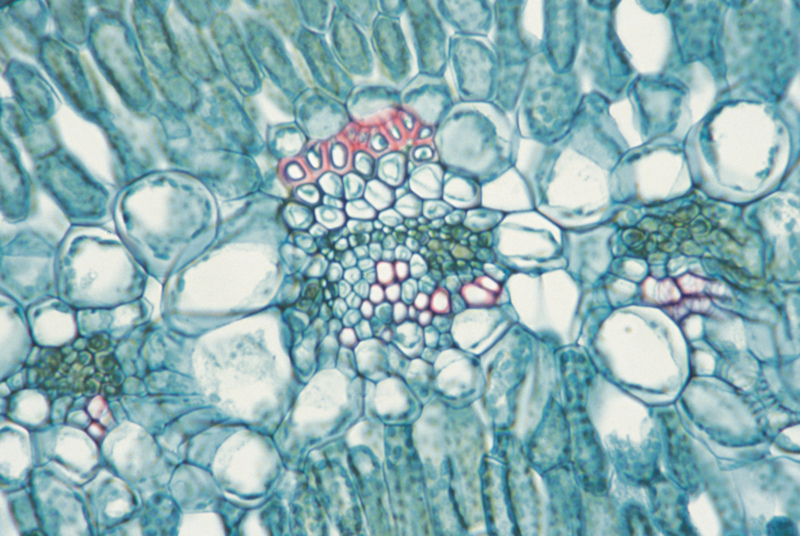
FRIDAY, Feb. 21, 2014 (HealthDay News) — Men taking selenium or vitamin E supplements might double their risk of prostate cancer, depending on the levels of selenium already in their bodies, a new study suggests.
Men who already have high concentrations of selenium in their bodies nearly double their risk of aggressive prostate cancer if they take selenium supplements, said lead author Dr. Alan Kristal, associate head of the Cancer Prevention Program at the Fred Hutchinson Cancer Research Center in Seattle.
The new study, published Feb. 21 in the Journal of the National Cancer Institute, also found that vitamin E supplements can more than double a man’s prostate cancer risk, but only if the man has low concentrations of selenium in his body.
The upshot, said Kristal, is simple: Don’t take high-dose selenium or vitamin E supplements.
“No one’s ever been able to demonstrate any benefit for taking high doses of selenium or vitamin E, so why do it?” he said. “There’s no benefit, there’s only risk, so what’s the point?”
Men can still take their daily multivitamin without fear, however.
“The levels they were giving these men in the study are much higher than would be found in most multivitamins and higher than the daily recommended allowance,” said Dr. Durado Brooks, director of prostate and colorectal cancers for the American Cancer Society.
The new study is based on data gathered during the Selenium and Vitamin E Cancer Prevention Trial (SELECT), which was funded by the U.S. National Cancer Institute. The study, begun in 2001, was prompted by early research that indicated the supplements might protect against prostate cancer.
The trial was designed to last 12 years, but was stopped early in 2008 after finding no protective benefit for selenium and an increased risk of prostate cancer among men taking vitamin E.
During the trial, men took 200 micrograms (mcg) of selenium and 400 IU of vitamin E daily, either separately or in combination.
By comparison, the recommended daily intake of selenium for adults is 55 mcg, and recommended daily intake of vitamin E is about 22 IU, according to the U.S. National Institutes of Health.
Researchers in this new study used toenail samples taken from SELECT participants to determine the level of selenium already in their bodies before taking the supplements.
They then re-analyzed the data to see if the amount of selenium already present in the body made any difference when it came to prostate cancer risk. They focused in on 1,739 men from the SELECT trial who were diagnosed with prostate cancer and, for comparison purposes, a random sample of 3,117 men without prostate cancer who were matched to the others by race and age.
It turns out that existing selenium levels did make a difference.
Taking selenium supplements increased the risk of high-grade cancer by 91 percent among men with already high selenium levels.
Among men with low selenium levels, taking vitamin E increased their total risk of prostate cancer by 63 percent and their risk of aggressive cancer by 111 percent.
The researchers aren’t sure why high doses of these supplements increase prostate cancer risk. “I don’t think there’s any real understanding why that occurs,” Brooks said.
But these findings jibe with other studies that have linked taking large amounts of supplements with increased cancer risk, Kristal said. Such studies have tied large amounts of omega-3 fatty acids to endometrial cancer, excess folate to colon cancer and beta carotene supplementation to lung cancer, he said. High doses of selenium have also been linked to skin cancer, he added.
“As humans, we evolved with the levels of micronutrients you’d normally get with food,” Kristal said. “There’s no benefit to taking high doses of these micronutrients. There’s only risk.”
Prostate cancer, the most common cancer among U.S. men, strikes about 200,000 Americans each year.
More information
For more information on prostate cancer prevention, visit the U.S. National Cancer Institute.
Copyright © 2026 HealthDay. All rights reserved.

